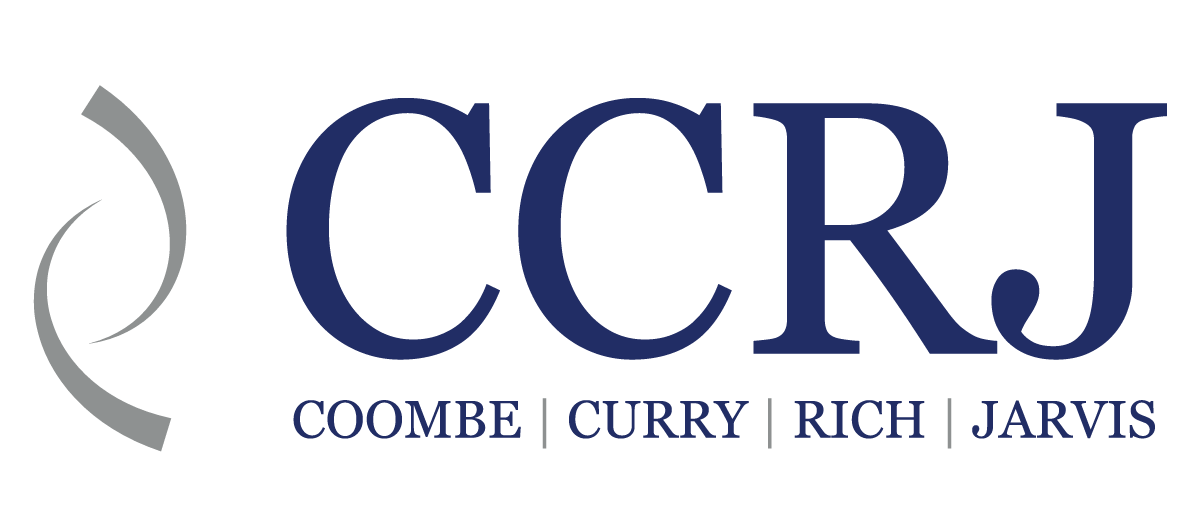Estate planning is something you may have been considering for quite some time, but you might not know where to begin. This is a common reason people put off estate planning.
An estate plan can consist of several different legal documents beyond a will. A trust, power of attorney or various other documents could be part of your overall estate plan.
But before these documents can be drafted, you must have certain information and documents ready. This will save you time and money when you are working on setting up your estate plan.
Identify your assets and debts
Write down everything you own of value. This might seem overwhelming, but taking the time to do this up front helps ensure that nothing important is left out of your estate plan.
Consider both tangible and intangible property. Tangible property consists of homes, vehicles, furniture, jewelry and other physical items.
Intangible property is bank accounts, retirement accounts, life insurance plans and non-physical property.
You should then do the same for debts. Write a list of all debts you owe and the current balances on each. The reason for this is because some debts must still be paid after you pass away. The money to pay the debts typically comes from your estate assets.
Review all your insurance policies and update your beneficiary designations. If the plans allow, it is best to designate a backup beneficiary in case something happens to your primary one.
Children and pets
If you have minor children, think about who you would like to serve as a guardian for them. Talk with this person to confirm they agree to the decision and as with beneficiary designations, appointing a backup guardian is a good idea.
What happens to your pets is also something that can become part of your estate plan. As with setting up a guardianship for minor children, you can appoint someone to take care of your pets if you pass away.
Select an executor for your estate. This is the person who is who in charge of administering your estate. Administering an estate involves collecting and valuing the assets listed in your will, paying any debts and distributing the assets to your chosen beneficiaries.
Your executor should be someone you can trust to handle these responsibilities and to behave in an ethical manner. The executor receives payment for their role, but you should trust that they will not squander your assets or run off with your money.
Choosing your beneficiaries
After these steps are complete, it is time to appoint your beneficiaries for your assets. Although it is not required, talking with your family about who will be receiving what can help prevent conflict such as will disputes or estate planning litigation.
Many times, these situations occur because someone is taken by surprise when they are let out of a will or do not receive what they thought they were. Some of the conversations may be difficult to have, but clearly specifying your intent with your estate plan keeps everyone on the same page.
Finally, do not overlook taxes. Almost every estate planning document can have potential tax implications. Additionally, a final tax return might need to be filed after you pass away. This is something your executor does.

